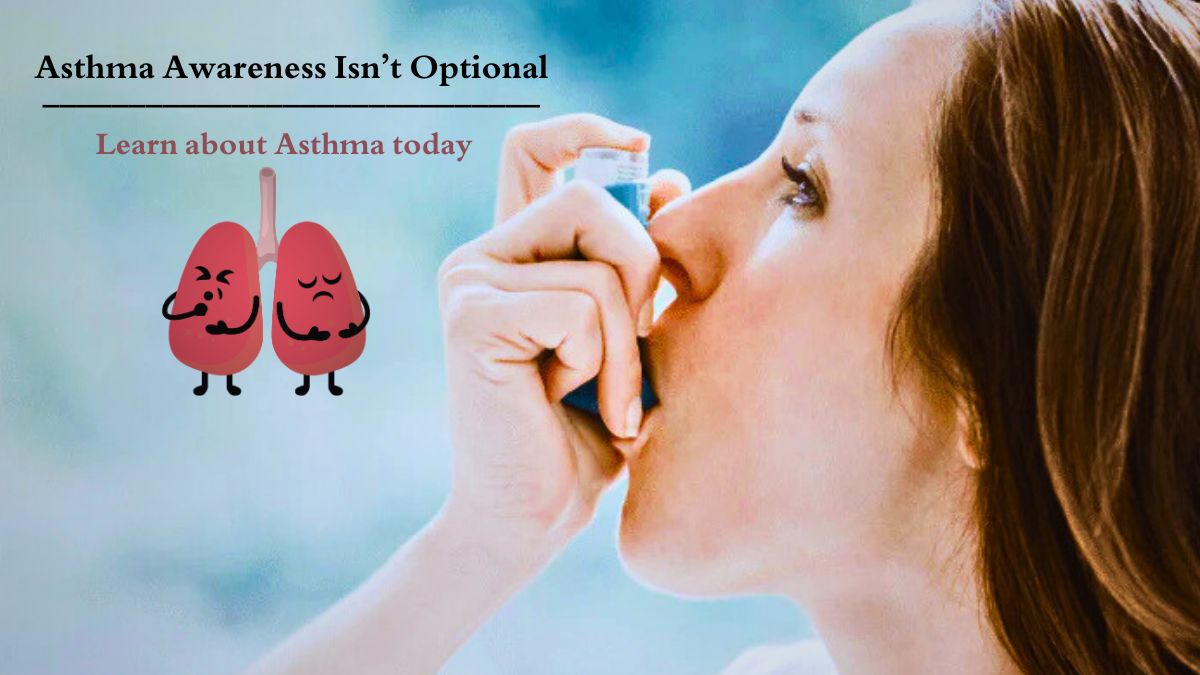On World Asthma Day, health experts call for urgent focus on education, diagnosis, and treatment access to tackle the global asthma crisis
6 May 2025, New Delhi
As the world observes World Asthma Day 2025, health experts and advocacy groups are sounding the alarm over the silent toll of asthma, urging greater awareness and access to treatment—particularly in countries with limited healthcare infrastructure.
Asthma currently affects over 250 million people worldwide and claimed approximately 455,000 lives in 2019. Despite being a manageable chronic condition, many patients—especially in low- and middle-income countries—continue to suffer due to lack of diagnosis, incorrect treatment, and insufficient public awareness.
Many asthma deaths occur in regions where the condition is misdiagnosed as pneumonia or tuberculosis, and where proper inhalers are not readily available. Instead, patients are often given outdated treatments that do not address the core symptoms effectively.
Education is being recognized as the missing link that can bridge the gap between diagnosis and long-term management. Experts emphasize that when patients understand their condition and know how to manage it, outcomes significantly improve.
What Patients Need to Know
- Understanding how asthma affects the lungs
- Recognizing and managing symptoms
- Using inhalers and other medicines correctly
- Identifying and avoiding environmental triggers like smoke and pollution
- Following a personalized asthma action plan
Asthma education can be delivered by doctors, pharmacists, school health programs, and community health groups. Digital health tools—such as mobile apps and SMS alerts—are also playing an increasingly important role in supporting patients.
Empowering Lives Through Knowledge
Evidence shows that well-informed patients are more likely to adhere to medication, avoid hospital visits, and stay in school or at work. This not only improves quality of life for patients but also reduces the burden on healthcare systems.
Medical educators and patient groups are advocating for wider training of healthcare workers, many of whom still rely on outdated methods to treat asthma. Access to modern inhalers, regular checkups, and asthma control assessments are essential parts of an effective response.
Also Read: Jeep India Unveils Limited-Edition Wrangler Willys ‘41: A Nod to Military Legacy
A Call to Action
World Asthma Day is not just a day of awareness—it’s a call for systemic change. Experts agree that national health systems must prioritize asthma care, include essential asthma medicines in public health programs, and promote community-level education to tackle the growing crisis.
Asthma may be chronic, but with the right knowledge and tools, it doesn’t have to be life-threatening.
Also Read: “It’s the Algorithm, Not Me”: Rahul Vaidya reacts to Virat Kohli’s Instagram like incident




